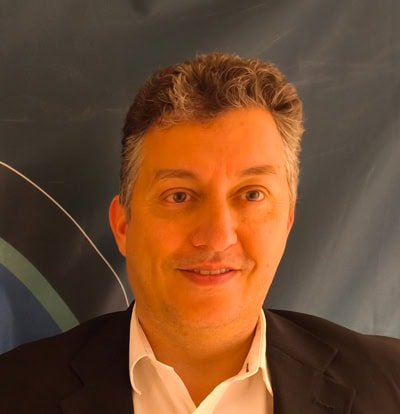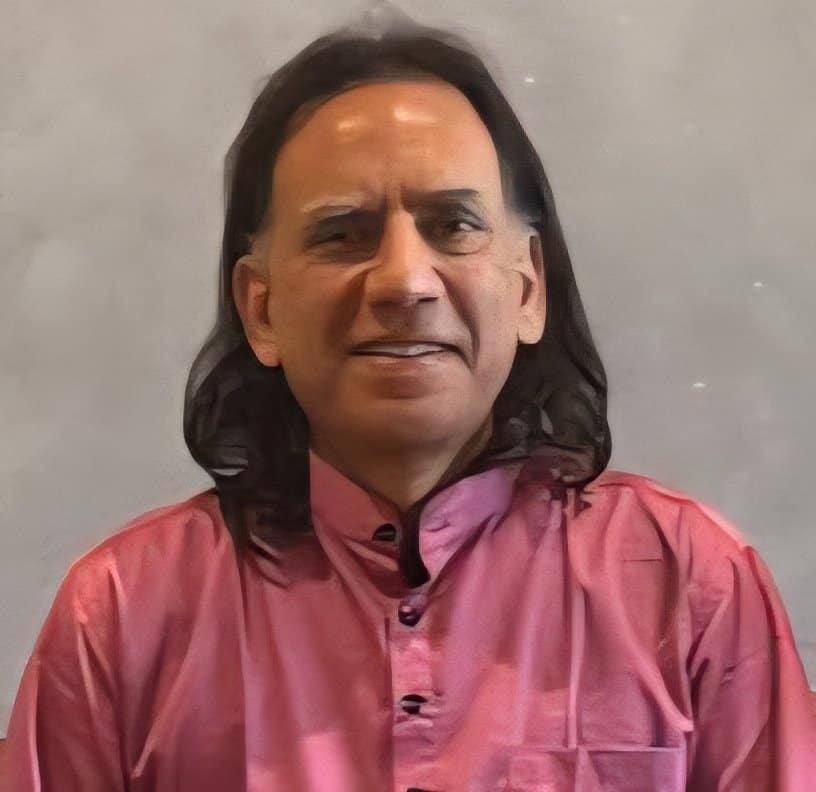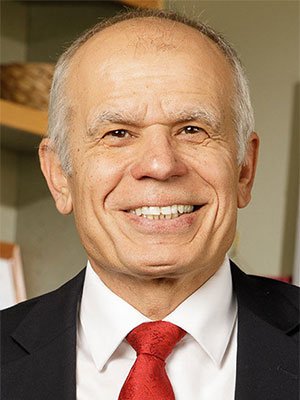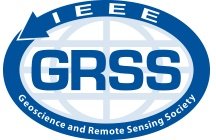4th International Workshop on Space-based Lidar Remote Sensing (SLRS) Techniques and Emerging Technologies
November 2 - 7, 2025
Kimpton Armory Hotel in Bozeman, Montana

SLRS offers a platform for scientists and technologists from various countries, government agencies, industry, and universities to meet and discuss critical topics related to current and planned space lidar missions, techniques, and emerging technologies
Additionally, it will serve as an opportunity to address challenges and common issues while exploring ways to enhance collaboration among space agencies and organizations. This collaboration is essential for improving future active space-based remote sensing measurements.
Workshop goals:
- Evaluate the scientific requirements for space-based lidar measurements, instrument synergies, and the readiness of lidar techniques to fulfill these requirements.
- Introduce upcoming space-based lidar missions and present / discuss results from existing and past lidar space-based missions.
- Explore the challenges and future directions in research and technology development.
- Explore strategies to reduce risks and costs for space-based lidar instruments while enhancing mission longevity.
- Identify synergies and ways to enhance space lidar missions through international cooperation among various space agencies and organizations.
- Document the results in the completion and update of the white paper from prior workshop.
The topics planned for presentations and discussion:
- Advances in space-based lidar techniques and methodologies.
- Science highlights, observational approaches, and technologies used.
- Challenges experienced and lessons-learned in space lidar missions to date and discussion of approaches to overcome them.
- Explore new space Earth Observation lidar missions, which include monitoring of: Topography, Cryosphere , Biomass, Greenhouse and Trace Gases, Clouds, Aerosols, Oceans and Wind.
- Explore recent advancements in interferometric lidar technology, focusing on innovations in optical design, signal processing, and applications in wind profiling, aerosol characterization, and atmospheric turbulence detection.
- Exploration Lidars: Entry, Decent and Precision Landing, as well as Hazard Avoidance for Mars & Lunar landers missions.
- Results and plans for simulations, airborne experiments and demonstrations as precursors for space missions.
- Explore the reliability of space-based LiDAR systems, focusing on design robustness, redundancy strategies, and fault-tolerant technologies to enhance mission success in harsh space environments.
- New and emerging space lidar technologies, particularly in lasers, optics, electronics and detectors as well as space lidar reliability and influencing factors, such as effects of the space environment (thermal, vibration, contamination, and radiation effects).
Key Dates:
May 10: Abstract submission starts
May 10: Registration opens
October 31: Abstract submission closes
When submitted: Notification of abstract acceptance
November 2: Student tutorials & Welcome reception
November 2-7: Workshop oral and poster sessions
2025 Space-based Lidar Remote Sensing (SLRS)
November 2 – 7, 2025
Kimpton Armory Hotel
Bozeman, Montana
Registration is mandatory. Registration includes all social events, tea, and coffee breaks at workshop premises.
Clayton Turner
Associate Administrator, Space Technology Mission Directorate
As Associate Administrator for the Space Technology Mission Directorate, Clayton oversees executive leadership, strategic planning, and overall management of all technology maturation and demonstration programs executed from the Directorate enabling critical space focused technologies that deliver today and help create tomorrow.
Clayton served as the Director of NASA’s Langley Research Center, Hampton, Virginia from 2019-2024. He led a diverse group of civil servant and contractor scientists, researchers, engineers and support staff, who worked to make revolutionary improvements to aviation, expand understanding of Earth’s atmosphere, develop new technologies for space exploration, and contribute to NASA’s broader exploration mission.
Turner has received many prestigious awards such as the Presidential Rank Award, the NASA Distinguished Service Medal, the NASA Outstanding Leadership Medal, the NASA Exceptional Engineering Achievement Medal, the Paul F. Holloway Non-Aerospace Technology Transfer Award, and RIT’s College of Engineering Distinguished Alumni award. He is an Associate Fellow of the American Institute of Aeronautics and Astronautics (AIAA) and he is also a member of the RIT Board of Trustees.
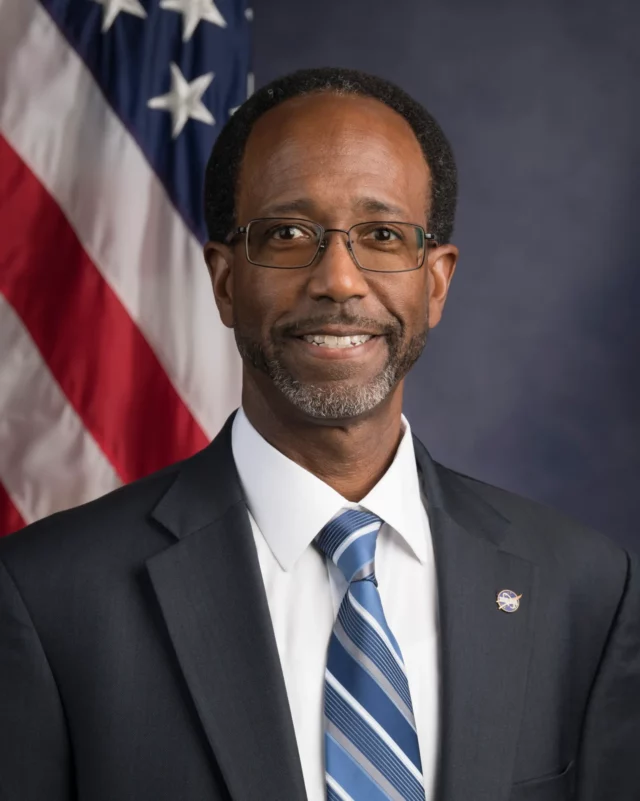
Workshop Co-Chair:
Dr. Upendra N. Singh
Dr. Upendra N. Singh, NASA Technical Fellow for Sensors and Instrumentation at the NASA Engineering and Safety Center, NASA Langley Research Center is an internationally recognized atmospheric scientist and laser remote sensing expert with 30 years’ experience.
Dr. Singh has organized/chaired over 50 international symposia/conferences and has authored/co-authored over 450 scientific articles in atmospheric sciences and remote sensing area. He is an elected fellow of the International Society of Optical Engineering (SPIE), the Optical Society of America (OSA), the Indian Meteorological Society and a Senior Member of IEEE.
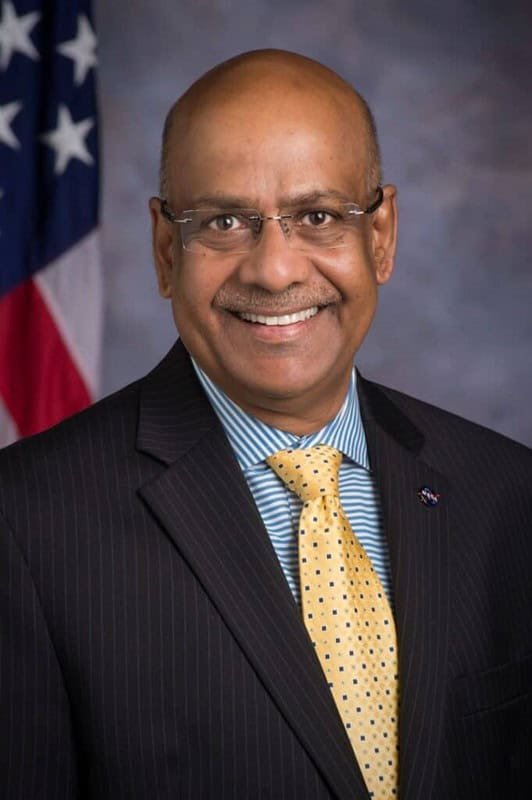
Workshop Co-Chair:
Dr. Georgios Tzeremes
Dr. Georgios Tzeremes, Earth Observation Lead Lidar Engineer at the ESA European Space Research and Technology Centre is an internationally recognized Space Lidar Engineer and laser remote sensing expert with over 20 years’ experience.
Dr. Tzeremes was the Instrument Manager for the Atlid Lidar of EarthCARE, launched in 2024 and having one year of flawless operation. He has organized/chaired over 30 international symposia/conferences and has authored/co-authored over 100 scientific articles in atmospheric sciences and remote sensing area. Currently he is responsible for the development of the Laser Tracking Instrument for the NGGM mission.
